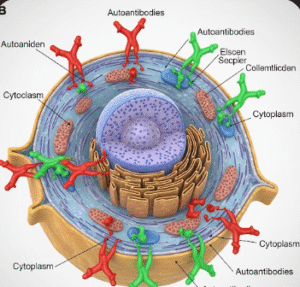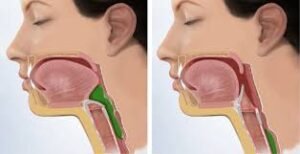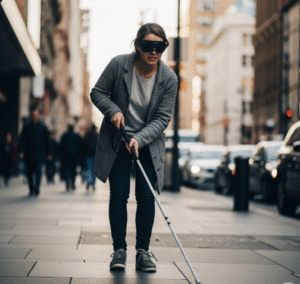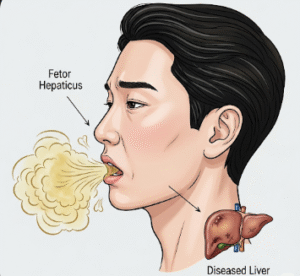What It Is
A tracheal shave, also called thyroid cartilage reduction or Adam’s apple reduction, is a cosmetic surgical procedure that reduces the prominence of the thyroid cartilage in the neck. By carefully trimming excess cartilage, the Adam’s apple becomes less visible, resulting in a smoother, softer neck contour.
In Korea, tracheal shave surgery is performed with advanced microsurgical precision to ensure natural results while protecting vocal cord function. It is one of the most commonly requested procedures in facial feminization surgery (FFS), though cisgender patients with prominent Adam’s apples also undergo this operation.
Why It’s Done
Cosmetic Goals:
- Reduces or eliminates a prominent Adam’s apple
- Creates a smoother, more feminine or neutral neck profile
- Complements other gender-affirming facial procedures
Functional Considerations:
- Typically does not affect breathing or thyroid function
- Surgeons take special care to preserve voice quality and avoid damage to vocal cords
Patient Considerations:
- Popular among transgender women and non-binary patients as part of gender-affirming surgery
- Also chosen by cisgender men and women who feel self-conscious about a protruding Adam’s apple
- Best suited for healthy, non-smoking individuals with realistic expectations
Alternatives
- Non-Surgical Camouflage: High collars, scarves, or makeup, but only cosmetic and temporary
- Voice Feminization Therapy or Surgery: Addresses vocal pitch but does not reduce cartilage size
- Combined Facial Feminization Surgery: Often performed alongside jaw contouring, rhinoplasty, or forehead reduction for a comprehensive result
Preparation
Before undergoing tracheal shave surgery in Korea, patients typically complete:
- Consultation: Neck and cartilage evaluation by a plastic or ENT surgeon
- Imaging / Laryngoscopy: Used to map the thyroid cartilage and vocal cords
- Medical Screening: Blood tests and general health evaluation
- Pre-Surgery Instructions: Stop smoking, alcohol, and blood-thinning medications in advance
- Fasting: Usually required 6–8 hours before surgery if done under general anesthesia
How It’s Done
Type: Minor surgical procedure, performed under local anesthesia with sedation or general anesthesia
Duration: 1–2 hours
Procedure Steps:
- A small incision is made in a natural crease of the neck or just under the chin (to hide scars)
- The thyroid cartilage is carefully exposed
- The prominent portion is shaved down to achieve a smoother contour
- Care is taken to avoid over-reduction, which can affect vocal cord stability
- The incision is closed with fine sutures for minimal scarring
Hospitalization: Outpatient; most patients return home the same day
Recovery
- First Few Days: Mild swelling, bruising, and throat soreness
- Voice Rest: Patients may be advised to limit talking for several days
- Stitches: Removed in 5–7 days (if not dissolvable)
- Downtime: Most patients resume normal activities within 5–7 days
- Final Results: Visible within 1–2 months once swelling subsides
Possible Complications
- Temporary hoarseness or voice changes (usually resolve as swelling decreases)
- Visible scarring (minimized with hidden incision placement)
- Infection or hematoma (rare with proper aftercare)
- Overcorrection or undercorrection requiring revision (uncommon with experienced surgeons)
Treatment Options in Korea
Diagnosis
Korean clinics perform:
- Physical and Visual Assessment of the thyroid cartilage
- Laryngoscopy or Ultrasound to ensure safe cartilage trimming without vocal cord damage
- Customized Planning to match the patient’s gender and facial harmony goals
Medical Treatments
There are no non-surgical methods for permanent Adam’s apple reduction. Only camouflage techniques (scarves, makeup) are available outside surgery.
Surgical or Advanced Therapies
- Standard Tracheal Shave: Shaving of thyroid cartilage to soften prominence
- Mini-Incision Technique: Uses a smaller incision for less visible scarring
- Combined Feminization Surgery: Often paired with jaw reduction, brow lift, or rhinoplasty for comprehensive results
Rehabilitation and Support
- Post-op follow-ups to monitor healing and voice stability
- Scar care treatments such as silicone gel or laser therapy (available in many Korean clinics)
- International patient services: multilingual support, concierge assistance, and recovery accommodations













